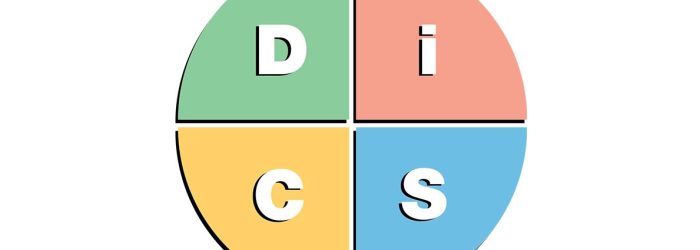Effective communication is a crucial skill for success in any profession. Whether you are working in a team, leading a project, or communicating with clients, the ability to clearly convey your thoughts and ideas, as well as actively listen and understand the perspectives of others, can make all the difference. If you have been struggling to effectively communicate with your colleagues or clients, the DISC assessment may be able to help.
What is the DISC Assessment?
DISC is a personality assessment tool that is designed to help individuals understand their own communication style, as well as the styles of others. It stands for the four dimensions of behavior: Dominance, Influence, Steadiness, and Conscientiousness.
Each of these dimensions represents a different aspect of communication style and behavior. Dominance (D) reflects a person’s tendency to be task-oriented and assertive. Influence (I) reflects a person’s tendency to be social and relationships-oriented. Steadiness (S) reflects a person’s tendency to be patient and steady, rather than reactive. Conscientiousness (C) reflects a person’s tendency to be careful and thorough, rather than spontaneous.
By understanding your own communication style, you can learn how to adapt your style to better communicate with others. For example, if you are a high D (Dominance) type, you may be more direct and task-oriented in your communication. On the other hand, if you are a high I (Influence) type, you may be more social and relationship-oriented.
Understanding these different communication styles can also help you to better understand and work with people who have different styles. For example, if you are communicating with a high S (Steadiness) type, you may need to be more patient and allow them time to process information. Alternatively, if you are communicating with a high C (Conscientiousness) type, you may need to provide them with more detailed information and allow time for them to thoroughly consider their options.
How Can the DISC Assessment Improve Your Communication Skills?
The DISC assessment can be a valuable tool for improving your communication skills, whether you are working in a team or communicating with clients. By understanding your own communication style and the styles of others, you can learn to effectively communicate and work together to achieve your goals.
Here are a few ways that the DISC assessment can help you to improve your communication skills:
Adapt your communication style: By understanding your own communication style and the styles of others, you can learn to adapt your style to better communicate with people who have different styles. For example, if you are a high D (Dominance) type, you may need to be more patient and allow others time to process information when communicating with high S (Steadiness) types.
Build stronger relationships: By understanding the communication styles of others, you can learn to effectively connect with them and build stronger relationships. For example, if you are a high I (Influence) type, you may be able to connect more easily with other high I (Influence) types by focusing on socializing and building relationships.
Resolve conflicts more effectively: By understanding your own communication style and the styles of others, you can learn to effectively resolve conflicts that may arise. For example, if you are a high D (Dominance) type, you may need to be more aware of your tendency to be assertive and try to find common ground with others who may have different



